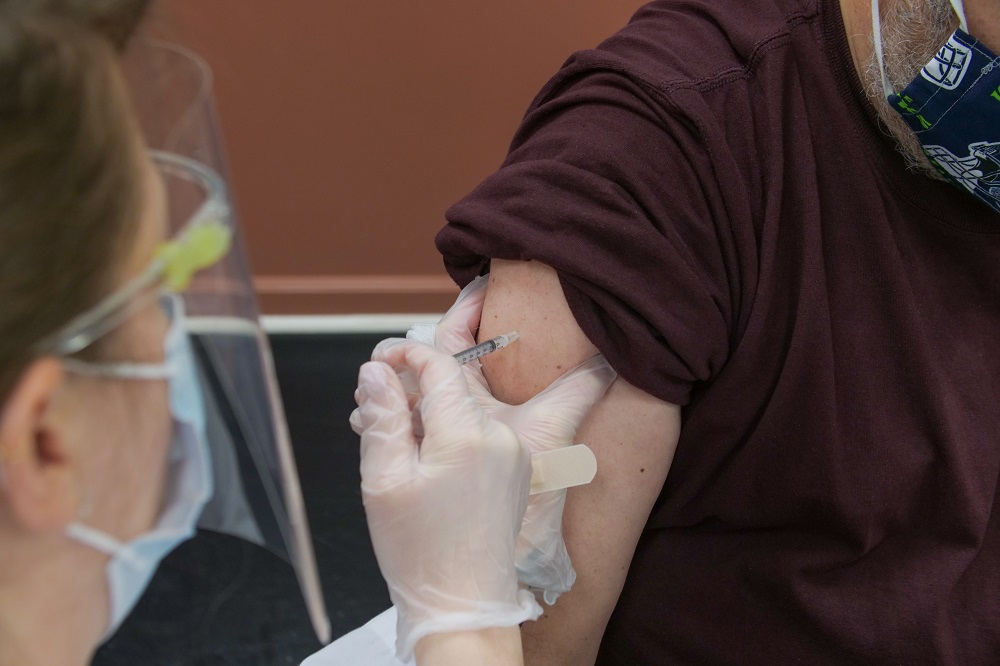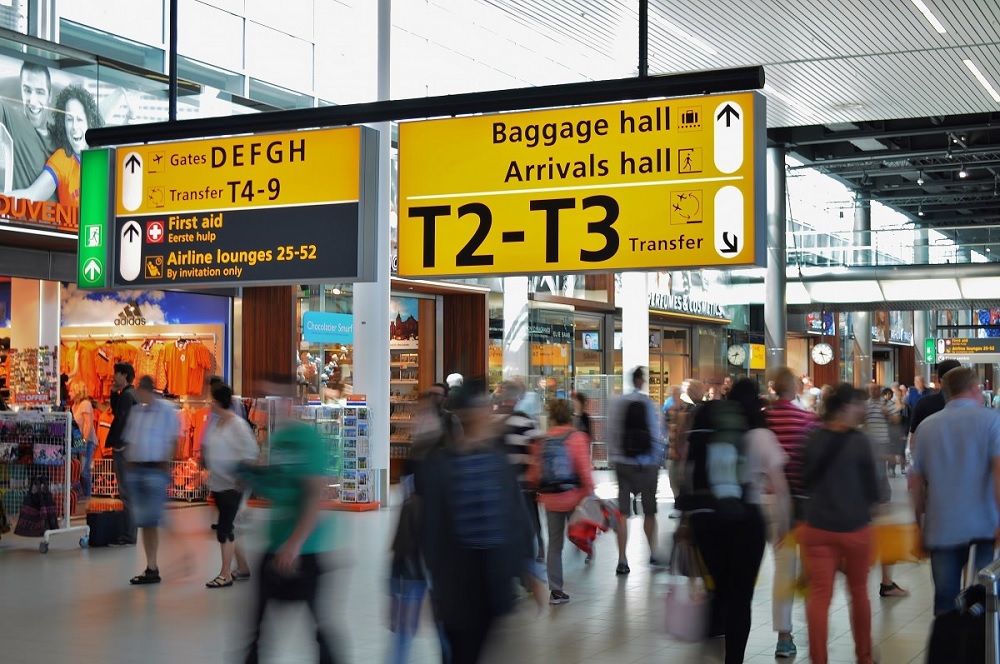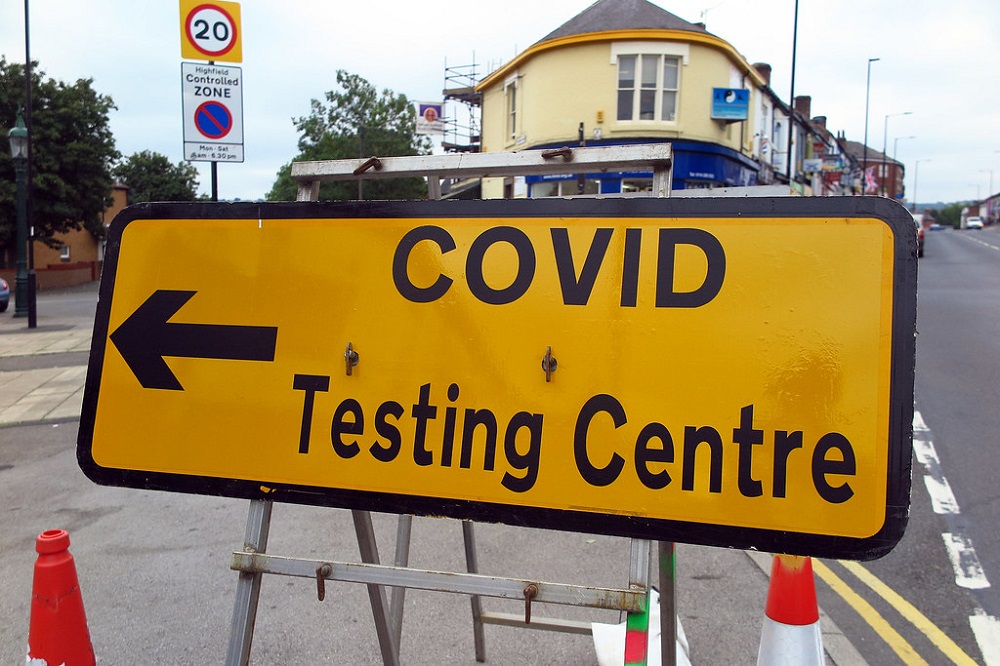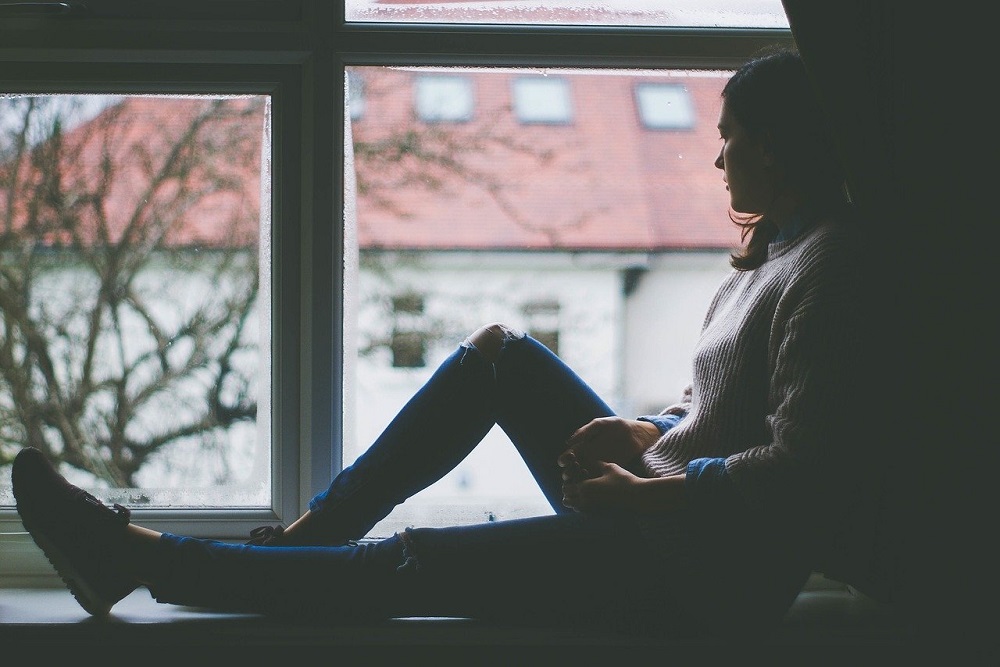News in brief: Tories warn of ‘postcode lottery’ for COVID-19 vaccine

The Welsh Conservatives claim a “postcode lottery” is emerging following publication of the latest vaccination figures by Public Health Wales, and have reiterated calls for the appointment of a of Vaccinations Minister to oversee the rollout across the country.
More than 14,000 people received their first dose of the COVID-19 jab in Wales in the past week, taking the total to 49,403 since the rollout started on 8 December.
But Wales remains behind the rest of the UK in the proportion of the population inoculated so far. Around 1.6 per cent of people in Wales have been vaccinated up to 3 January, compared to 2.1 per cent in Scotland and Northern Ireland, and 1.9 per cent in England.
Figures for the previous week revealed 1.12% of the population in Wales had received their first dose. Over the same period Scotland vaccinated 1.7% of the population, followed by 1.6% in Northern Ireland and 1.4% in England.
Betsi Cadwaladr University Health Board (BCUHB) was the worst-performing board in Wales with just 0.81 percent (815 people per 100,000) vaccinated. By comparison, 3.05 percent of those resident in the Powys Teaching Health Board (3,048 per 100,000) and 2.05 percent of those in the Hywel Dda area (2,052 per 100,000) have received the vaccine.
Andrew RT Davies MS, the Welsh Conservatives Shadow Health Minister, said: “Of course we welcome the increase in the number of vaccinations, but the rough calculation is that one in 65 people in Wales has had their jab compared to one in 50 in England.
“Factor in the postcode lottery emerging in Wales, and the picture’s not looking great. You’re twice as likely in South Wales to have had the vaccination and three times more likely to have had it in Mid Wales than in North Wales.
“We are renewing our call for the First Minister to establish the post of Vaccinations Minister as a priority to take overarching control of the rollout of this life-saving programme here and to publish targets for the vaccination programme and a daily tally of those that have had the vaccine.
“Publishing these numbers will increase transparency and give the public confidence that progress is being made in our fight against COVID-19.”
Meanwhile, a further 56 people in Wales have died with coronavirus and 2,487 new cases of the virus have been reported in today’s bulletin from Public Health Wales.
15 of the newly reported deaths are in the Cwm Taf Morgannwg health board area and there are 11 in Aneurin Bevan. Cardiff and Vale recorded 10 and there were seven in both Swansea Bay and Betsi Cadwaladr and four in Hywel Dda.
Cardiff (238) has recorded the highest number of new cases in Wales over the last 24 hours, followed by Rhondda Cynon Taf (199) and Bridgend (180)
Wrexham, where there were 171 new positive tests for the virus since yesterday, now has the highest case rate in the country at 904.7 per 100,000 people over the last seven days, up from 838.5 yesterday.
Bridgend has the highest proportion of positive tests over the week at 33.1% per 100,000 tests down from 33.7% yesterday.
Speaking at today’s government press briefing, First Minister Mark Drakeford said the new strain of coronavirus that appears to have originated in southeast England, has taken a “firm foothold” in north Wales and cases of the virus in the region were “rising rapidly”.
“We expect the new strain will become the dominant form of the virus in south Wales as well,” he added.

New travel restrictions announced as concern grows over South African Covid variant
Health Minister Vaughan Gething has removed Israel, Botswana, Mauritius and the Seychelle from the list of exempt countries and territories, meaning travellers from all four nations will be required to isolate on arrival in Wales.
Further restrictions on arrivals from South Africa have also been extended following the detection of a new variant of COVID-19 in the country and travellers from other countries which includes Namibia, Zimbabwe, Botswana, Eswatini, Zambia, Malawi, Lesotho, Mozambique, Angola, and also for the Seychelles and Mauritius will face new quarantine restrictions.
Most flights from South Africa route through airports in England and UK transport secretary Grant Shapps highlighted concerns about the new South African Covid variant as he announced restrictions on travel to English destinations.
“This is an extra check and we’re doing this now because there are these variants that we’re very keen to keep out of the country, like the South African variant, for example.
“There are the concerns about the South African one in particular, about how effective the vaccine would be against it, so we simply cannot take chances. So today because of that variant it has become much more urgent,” he added.
” All travellers arriving into Wales who have been in these countries in the previous 10 days will be required to isolate for 10 days and will only be able to leave isolation in very limited circumstances,” Mr Gething said.
“The same isolation requirements will also apply to all members of their household. These enhanced isolation requirements will also apply to persons already in Wales who have been in these countries in the last 10 days and members of their households.
“A further amendment will be made such that direct flights from these countries will no longer be able to land in Wales.”
The new travel restrictions will come into force from 04:00 on Saturday morning.

New mobile testing centre opens in Bridgend
Hannah Neary, local democracy reporter
A new mobile Covid testing centre and a drive-through facility has opened for residents in Bridgend County Borough today.
Bridgend County Borough Council (BCBC) said booking is not required at the walk-in site in the Richard Price Centre in Llangeinor, which will be open seven days a week from 9am to 4pm until January 13.
The drive through facility is open from 9am to 4pm in the Ynysawdre Swimming Pool Car Park, Heol-Yr-Ysgol, Tondu CF32 9ET. Tests at this facility require booking in advance via the Welsh Government website or calling 119. The facility will close on January 14.
A spokesperson for Cwm Taf Morgannwg University Health board said the temporary testing units are being relocated in line with standard procedures aimed at targeting areas with significant levels of Covid-19.
Earlier this week, BCBC urged residents to follow alert level four restrictions as PHW confirmed over 10,000 cases of coronavirus in Bridgend County Borough.
Figures from Public Health Wales (PHW) show Bridgend is the local authority with the highest infection rate in Wales with a seven-day rate of 954.8 cases per 100,000 population.
In Wrexham, there are 871.6 cases per 100,000, with 724.4 per 100,000 in Merthyr Tydfil.
The drive-through test centre at the site of the former Revlon/Cosi factory off Oakwood Drive, Maesteg closed yesterday evening.
The walk-in testing centre at the Bowls Hall car park off the Bridgend Life Centre also remains open to locals between 8am and 8pm, seven days a week. It is a long-term site and residents who wish to get tested there must book in advance.
If you wish to book an appointment and have hearing or speech difficulties, call 18001119.

Council reports big increase in referrals for school counselling services
Richard Youle, local democracy reporter
Some pupils are causing the authorities concern in Carmarthenshire, with counselling services in demand and more suicidal thoughts reported.
Between June and September last year 206 young people underwent counselling, mainly in secondary schools.
Between the middle of September and the beginning of December, counsellors referred three times as many pupils to the child and adolescent mental service compared to the same period in 2019.
Within this referral group, there was an eight-fold increase in suicidal thoughts and attempts, a report before a council scrutiny committee said. A handful of children were referred to social services.
The report about pupil and staff well-being said the rise in suicidal thoughts among some young people was reflected nationally.
Lockdown has affected children, parents and staff differently, but vulnerable and disadvantaged pupils seem to have been affected the most.
Domestic abuse reports doubled during the first lockdown in March, and remained high over the summer.
The report said pupils were mainly positive about their return to school in September and showed resilience during the autumn term, but periods of isolation – as a result of positive Covid cases – impacted on learning and feelings of anxiety.
The report said: “Many pupils report feeling more worried about schoolwork, more anxious about friendship groups and more worried about the future.”
According to council education support advisers, more challenging pupil behaviour was on the increase and was being compounded by pandemic circumstances.
Aeron Rees, head of curriculum and well-being, said of the report: “It is an honest picture which does not hide the facts.”
More parents and carers have elected to home-school children – the number is currently around 400 children – but council engagement has led to some of them returning to mainstream education, and the numbers de-registering have dropped.
The report outlined various support services for young people, with education officers and portfolio holder, Cllr Glynog Davies, responding to councillors’ questions.
Mr Rees said pastoral support staff were spending 95% of their time with 5% of pupils.
A colleague of his, Angela Davies, said three secondary schools had a particularly high number of counselling requests.
She added: “There are two schools where children have a high level of distress. We are monitoring that closely.”
Councillors were told that more than 1,600 iPads and other devices had been distributed to pupils to help them learn remotely, with 250 dongles also provided for better internet connection.
School staff are expected to keep a check on pupils’ engagement with online learning.
Some parents are contacted every day by the education department; others once a week.
The government announced this morning that Wales’ school and college students will continue to learn online until the February half term unless there is a significant reduction in cases of coronavirus before 29 January.

Support our Nation today
For the price of a cup of coffee a month you can help us create an independent, not-for-profit, national news service for the people of Wales, by the people of Wales.





